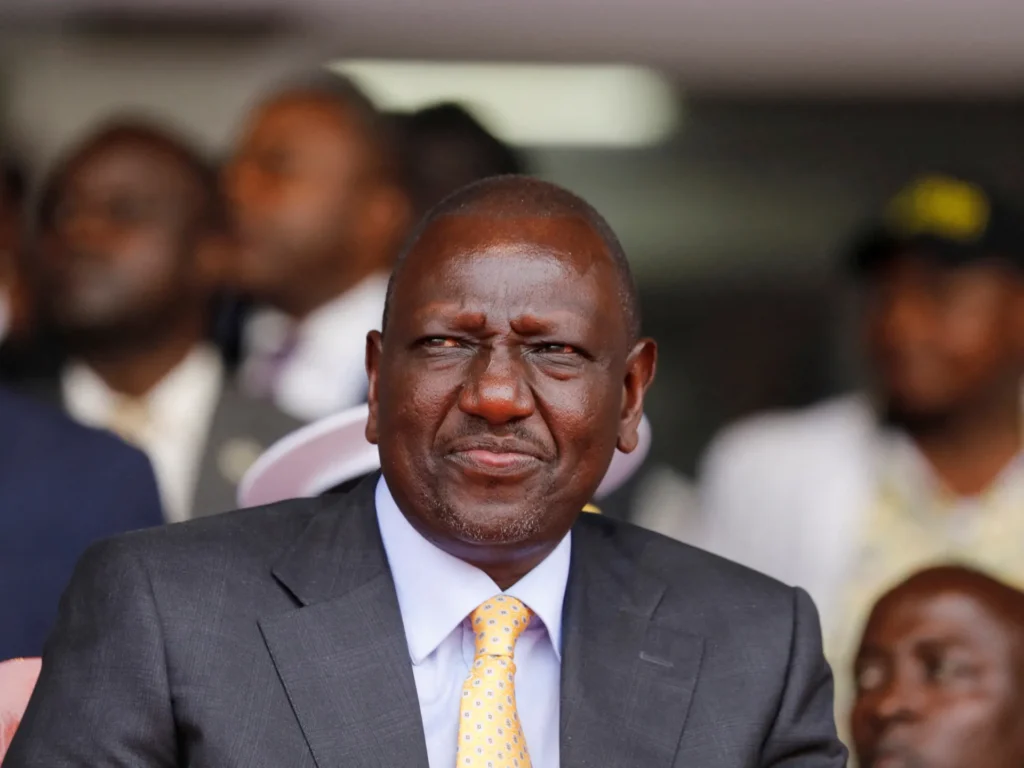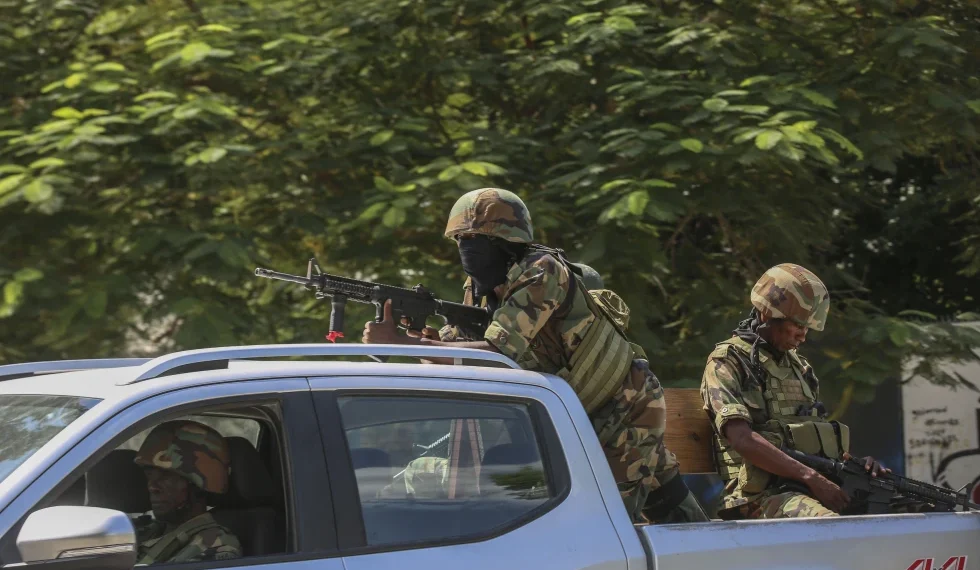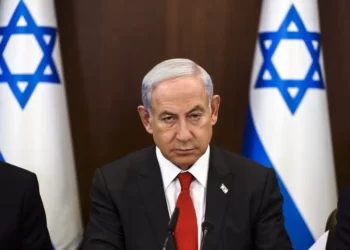According to a report from the United Nations, gang violence in Haiti has spread beyond the capital and now affects other regions in the country.
Maria Isabel Salvador, the top U.N. official in Haiti, informed the U.N. Security Council that the past three months have seen a dramatic escalation in gang activities, leading to the displacement of over 700,000 people.
She warned that gang violence is “spreading terror and fear, overwhelming the national security apparatus” and exacerbating an already “extremely dire” humanitarian situation.
Salvador explained that gangs have begun attacking small boats carrying people from the capital, Port-au-Prince, to other areas, while international shipping companies have suspended services to Haiti after kidnappings of their personnel.
Catherine Russell, executive director of UNICEF, painted an equally bleak picture of the crisis affecting children in Haiti. She told the Security Council that the “catastrophic situation” she reported six months ago has worsened. Of the 700,000 people displaced, more than 360,000 are children.
“Armed groups are regularly committing grave rights violations against children, including killing and maiming,” Russell said, adding that incidents of sexual violence against women and children have surged this year. Gender-based violence has become increasingly common as gangs terrorize communities across the country.
Perhaps most chillingly, Russell reported that many children are being recruited into gangs, with some estimates suggesting that children make up between 30% and 50% of armed group members. “They are being used as informants, cooks, and sex slaves, and they are being forced to perpetrate armed violence themselves,” she said, stressing the urgent need for international action.
Gangs Control 80% of Port-au-Prince
The rise of gang power in Haiti dates back to the 2021 assassination of President Jovenel Moïse. Since then, gangs have filled the power vacuum, now controlling up to 80% of the capital. The surge in killings, rapes, and kidnappings has fueled violent uprisings by civilian vigilante groups, further complicating efforts to restore order.
In response to the worsening situation, the U.N. Security Council voted on September 30 to extend the mandate of a Kenya-led multinational force aimed at helping Haiti’s national police combat gang violence.
However, despite plans for a 2,500-strong police force, only around 430 officers have been deployed so far, with 400 from Kenya and the rest from the Bahamas, Belize, and Jamaica.
Earlier this month, Kenya’s President William Ruto announced that another contingent of 600 officers would be sent to Haiti in November. Still, Salvador expressed concern that the U.N. trust fund financing the operation is “critically under-resourced,” which could hinder further deployments.

Political Tensions and Humanitarian Woes
On the political front, Leslie Voltaire was sworn in as the leader of Haiti’s transitional presidential council earlier this month. This came after serious corruption allegations against three council members, highlighting the challenges of governing a nation in crisis.
The council was created following gang-led attacks that forced the resignation of Haiti’s former prime minister, leaving the country without leadership. Working alongside new Prime Minister Garry Conille, the council is tasked with organizing general elections by February 2026.
However, Salvador reported growing tensions between the council and the government, leading to increasing frustration among the Haitian population and a loss of trust in the political process.
“The U.N. mission is working to strengthen collaboration within the two-headed executive, urging them to set aside differences and focus on addressing insecurity, governance reforms, and electoral preparations,” Salvador said.
Meanwhile, nearly half of Haiti’s population faces food insecurity as gang control over key access roads has made it difficult to deliver humanitarian aid. “As a result, prices have increased, and many communities are on the verge of collapse due to food shortages and ongoing violence,” Salvador warned.
The dire situation in Haiti shows no signs of improving without significant international support, as gangs continue to expand their control, and the political process remains mired in corruption and dysfunction.
READ ALSO: Republic Bank Soars 10% as CalBank Sees Sharp Decline on GSE




















